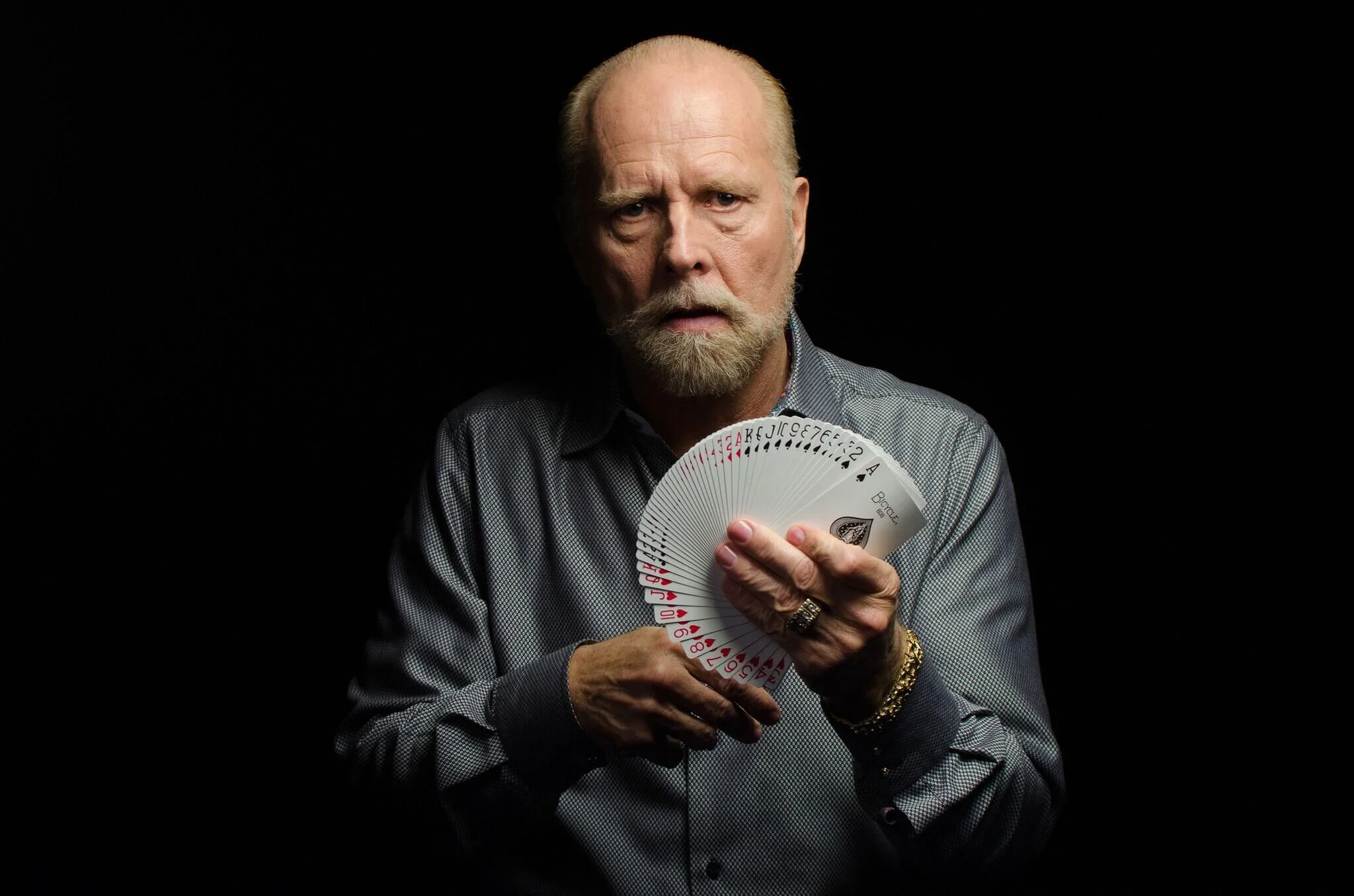Review: Dealt
What do you do with the hand you were dealt? If you’re Richard Turner, you make magic.
Dealt, a recent documentary by director Luke Korem, follows the life and career of Richard Turner, one of the world’s most famous close-up magicians.
If you ask Turner, he’s not a magician but a "card mechanic," someone who can manipulate cards in order to always get the outcome he wants. This ‘card mechanic’ performs tricks with such precision and alacrity, you might not notice one major detail:
You may see the cards, but he can’t. Turner is blind.
And that’s how he likes it. His entire career, Turner has worked to avoid being considered “handicapped,’ and he has a distaste for anyone who brings up his eyesight. Unwilling to be labeled and reduced to a mere “blind magician,” Dealt reveals how Turner’s blindness fuels his obsession. While you might come into this movie hoping to learn a couple secrets behind the trade, Dealt is more concerned with letting viewers understand the secret behind Turner’s motivation.
Turner says he often felt broken as a child, after losing his sight to an eye disease. A young Richard Turner found solace in an audiobook about card tricks that his teacher recorded for him, which taught him how to cheat in card games through simple maneuvers. He was attracted to the tactile nature of card tricks, the ability to feel what he couldn’t see. His diligence with these cards eventually led him to become a world-famous magician and showman.
However, Turner’s talent can often be overshadowed by his blindness, a characteristic that television personalities and show hosts love to highlight. His well-crafted and enchanting tricks get lost in narratives about disability that attribute success in other areas to enhancements in other physical traits, rather than to the individual’s work ethic or skill. Dealt delves into how these discussions of disability prevent Turner from being recognized on his own merits.
This need to prove his worth beyond his handicap, and to no longer be categorized as a “blind magician,” fuels much of Turner’s obsession with the cards. Turner practices 16 hours a day: while working out, while making love, as he falls asleep. He aspires to reach perfection in every aspect of his life; constantly moving in order to avoid the static lifestyle to which Turner fears his blindness could confine him. Throughout the documentary, Korem largely explores Turner’s refusal to be considered handicapped. Turner doesn’t use a cane, is unwilling to learn braille, and mostly relies on his wife and his son, cheekily named Asa Spades Turner, for support. It isn’t until his son leaves for college that Turner comes to terms with his disability, and to acknowledge some of his dependence on the people around him.
Richard Turner did not become a card master in spite of his blindness, but because of it. His voracious need to prove himself, and to exceed both physical and societal limitations, fuels his obsession with the hope that his work can stand on its own. Dealt is a thoroughly touching portrait of a man coming to terms with his blindness, accepting his disability as part of his identity, but not allowing it to define his identity.
